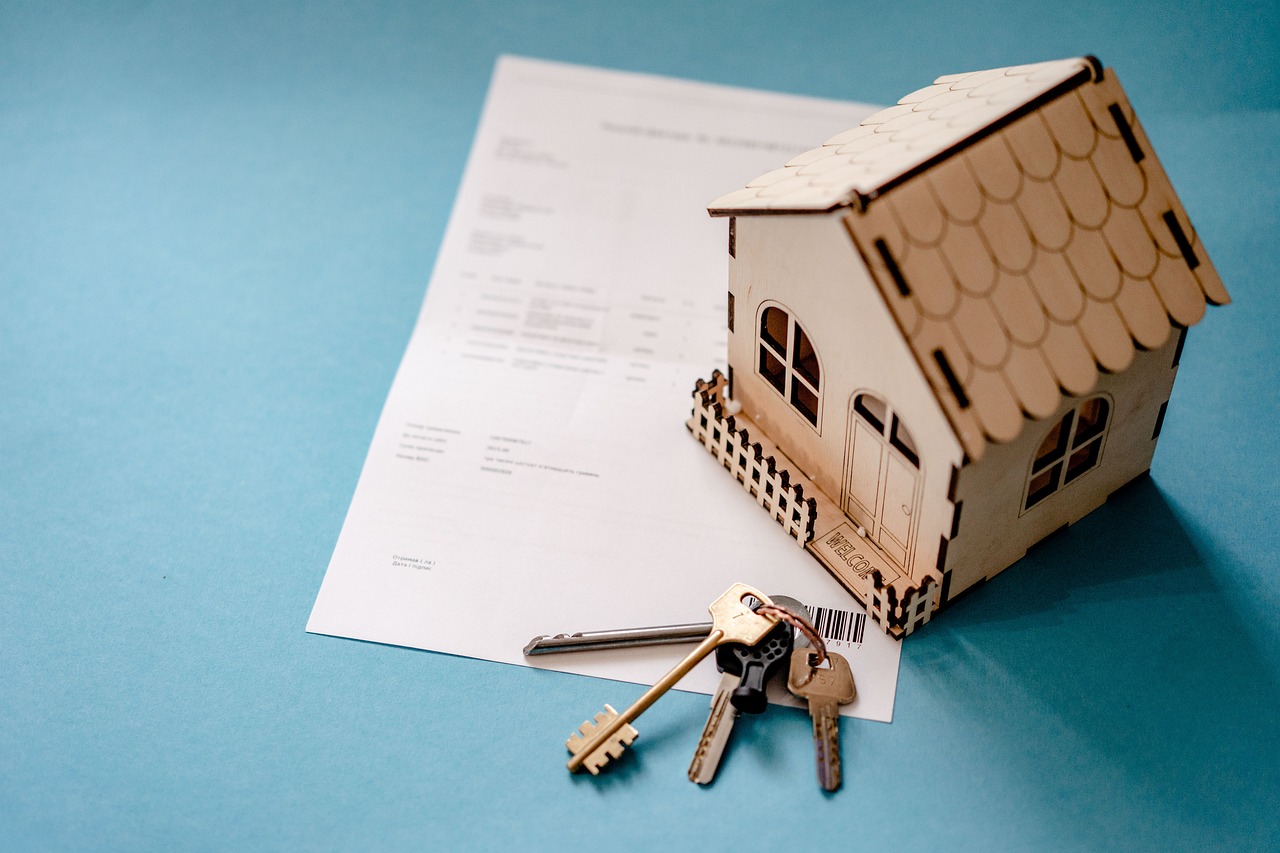If you are an entrepreneur who owns or are currently leasing a building, then you probably need commercial property insurance. This provides financial protection against fire, natural disasters, and theft. Securing your business through insurance can save you from crippling damage costs in case your business encounters such misfortunes.
While you may be in a haste to get insured, you must consider these reminders first before investing in commercial property insurance.
- Familiarize Yourself with Commercial Property Insurance Coverage
Whether you own a small business or a large company, your assets—such as buildings, machinery, and important documents—are entitled to receive coverage from commercial property insurance. Below are the important physical assets that qualify for inclusion.
Commercial property insurance in Stratford covers all the buildings on the commercial property under your ownership or lease. Aside from the actual infrastructure, insurance includes indoor and outdoor fixtures as well as equipment or machinery that are permanently installed on the property.
Commercial property insurance also includes the valuable contents of the building, covering assets up to 100 feet of the insured infrastructure. Here are some examples of properties that qualify for insurance:
- Stock
- Equipment and machinery
- Furniture and fixtures
- The tenant’s improvements or upgrades made to the rented space
- Other personal property that you own and use for business
After assessing which of your assets are eligible for insurance, you can explore the coverage benefits and limitations with a commercial property insurance provider. Remember to ask about all the details of the insurance policy that you intend to get. By doing so, you can set the appropriate expectations regarding the extent of financial protection that your provider can offer.
- Take Insurance Cost Into Consideration
Like all assets in your business, commercial property insurance is an investment. It may initially cost a lot of money; however, getting one pays off in the long run. The cost of commercial property insurance in Stratford will depend on the value of your business assets and the level of risk that comes along with them.
Some other factors also determine the premium, which you will regularly pay once the insurance takes effect. The location of your business affects the premium because it determines geographical risks like natural disasters. The more prone your location is to these hazards, the higher the premium will be. Insurance companies also need to check the quality of materials used in the construction of your building. The wiring, ventilation, air conditioning, and heating are also considered.
The type of industry that you participate in also determines the degree of risks that your company carries. For example, a real estate agent’s office poses lesser threats than a restaurant or a construction company. The more risks that your provider can identify, the higher the premium cost.
Another factor is the security of our business properties. Is there a police station or a fire station near your business? Do you have a security alarm or sprinkler system in high-risk areas? Do you have security personnel? These are all important aspects that insurance companies need to evaluate. If your properties are secure, then you have better opportunities to negotiate for a lesser premium.
It is essential to keep tabs on the value of your business assets to determine how much insurance premium you should pay. Before calling an insurance agent, preparing an inventory of the physical assets at the business location is necessary. Having the information ready allows the representative to conveniently quote the replacement value as well as the coverage that your business needs.
- Assess Potential Risks In Your Business
Before subscribing to any commercial property insurance, you must take the time to assess the potential risks that may threaten your business in the future. Evaluate the possibility of such dangers occurring and choose the right coverage that will ultimately benefit your business more.
There are two types of risks in businesses: internal and external. Internal risks are those that occur within your business. They include operational, financial, workforce, and marketing risks. Because all of these are dependent on management, they are much easier to control. Handling external risks is more challenging and might require a reactive approach. These risks include natural disasters, government regulations, a shifting economy, and changes in consumer demand.
When identifying risks, follow a step-by-step protocol to avoid overlooking them. Once you’ve identified the risks, document them and formulate appropriate risk controls. Look at how much the risk can affect your business and the difficulty of recovery. By informing your insurance company about these details, they may provide the appropriate insurance policy that is advantageous to your business.
Conclusion
Commercial property insurance is a significant investment that all business owners should consider getting as this will help them mitigate damage costs due to unexpected adversities. It is important to prepare yourself before getting insurance by familiarizing yourself with the basics, learning to compute insurance costs, and identifying potential risks and control protocols. By doing so, you can expect fast and problem-free transactions when you finally decide to get commercial property insurance.




